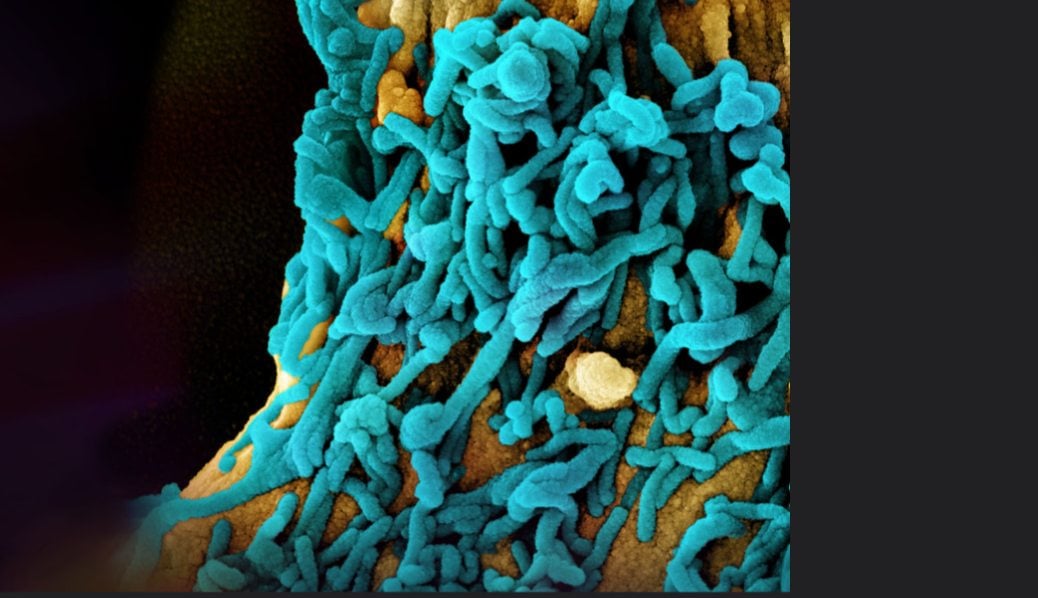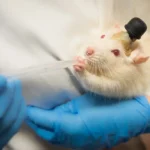Scientists at Ohio State University have uncovered exactly how pesticides change the bacteria in our digestive systems, creating the first-ever detailed map of these interactions.
The groundbreaking research, published in Nature Communications, shows that over a dozen common pesticides can change how gut bacteria grow, process nutrients, and even absorb the chemicals themselves – potentially extending exposure in the body.
“We’ve provided further understanding of how pesticides or environmental pollutants impact human health by modulating an important collection of microorganisms,” explains Jiangjiang Zhu, associate professor of human sciences at The Ohio State University and senior author of the study.
The human gut contains trillions of microorganisms that help digest food, support immune function, and influence overall health. Previous studies suggested pesticides could harm these microbes, but this research maps specific changes by examining interactions between 18 pesticide compounds and 17 species of human gut bacteria.
The team tested widely used agricultural chemicals including DDT (banned in the US but still used in some countries for malaria control), atrazine, permethrin, and chlorpyrifos. Despite restrictions on some pesticides, their residues continue circulating in soil and water.
“Most previous environmental health studies reported that pesticide contamination affects the overall composition of gut bacteria,” said Li Chen, first author and senior research associate. “We showed those pesticides really can affect specific gut bacteria and detailed how these changes will affect the general composition.”
The researchers identified 306 specific pesticide-bacteria pairs with metabolic changes. These alterations affect how bacteria process nutrients and produce essential compounds called metabolites, which influence everything from energy production to immune system function.
In another significant finding, the study showed that some bacteria absorb pesticide chemicals, potentially prolonging exposure in the body. This discovery helps explain how even small amounts of pesticides might cause lasting effects.
Similar Posts
Mouse experiments confirmed what lab tests showed – pesticides generated inflammation in multiple organs. However, one common gut bacteria species, Bacteroides ovatus, provided some protection against this inflammation.
“We identified microbes that may modulate the toxic effect of pesticides to the host by somehow buffering the inflammation process,” said Zhu. “If something toxic is going to induce inflammation, and there are other molecules that can counteract that agent, you may have a solution to intervene or prevent larger-scale damage.”
This protective finding hints at a possible probiotic approach to preventing some health damage from pesticide exposure.
Prior to this research, scientists knew pesticides could disrupt gut bacteria but lacked detailed understanding of exactly which bacteria were affected and how these changes occurred at the molecular level. The new “atlas” of interactions provides this missing information, creating a valuable resource for future research.
The team has made their findings publicly available for other scientists to use in targeted studies on related diseases and potential treatments. Zhu’s lab plans to further investigate how these metabolic changes in gut microbes connect to various health conditions after pesticide exposure.

“We are mapping out this central interaction between pesticides and gut microbes,” Zhu said. “And then other labs can leverage what we have discovered – for example, after exposure to a pesticide, gut microbe reactions may lead to downstream consequences that contribute to disease research and eventually help with predicting targets or identifying an intervention strategy.”
The research was supported by the National Institute of General Medical Sciences, with Zhu also receiving support from Ohio State’s Provost’s Scarlet and Gray Associate Professor Program.


















